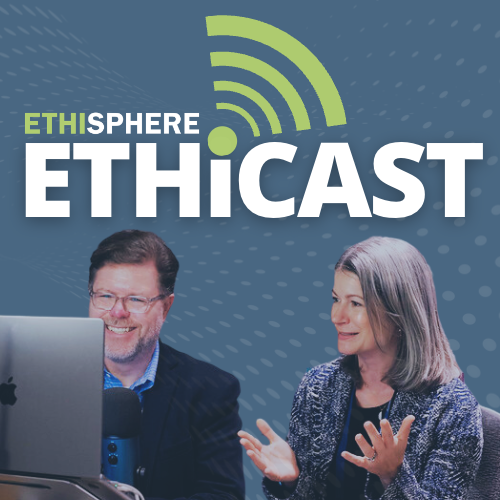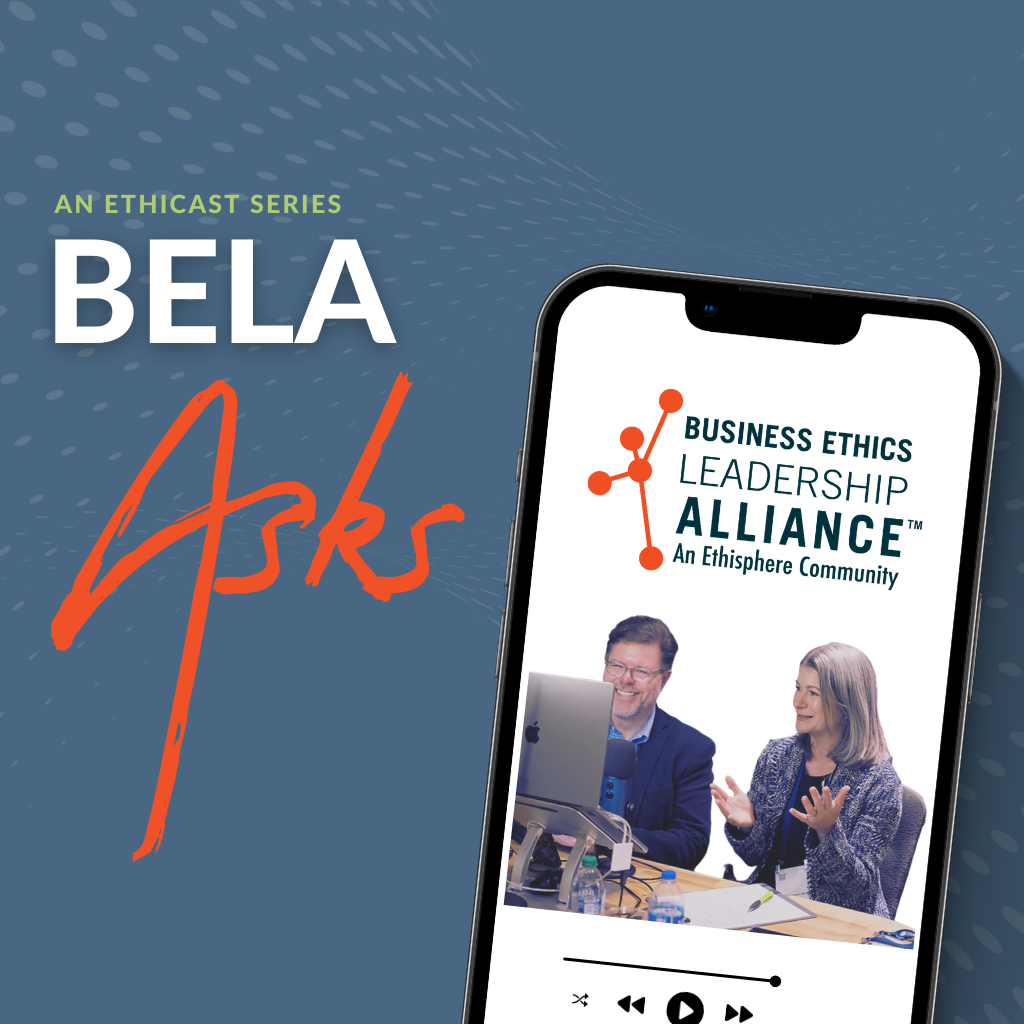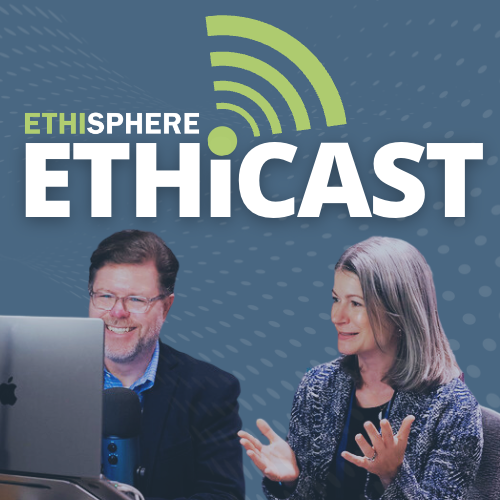Episode Transcript
[00:00:00] Speaker A: Hi everyone. You've got questions and we've got answers. Welcome to another Bella Asks episode of the Ethicast.
The Business Ethics Leadership alliance, or bela, is a global ethics and compliance community that provides exclusive access to helpful data, benchmarking events and other resources to advance your ethics compliance program.
One of those resources is bella's Concierge service in which members can submit any question regarding ethics and compliance and our internal experts will help provide an answer as well as direct you to resources with more information.
Now, while we invite everyone watching and listening to join bella, we know that there's no competition in compliance, so we're using this program to thematically respond to high level questions from the BELA community for the benefit of EC teams everywhere.
Returning to the Ethicast to educate and inform is Bella chair Erica Salmon Byrne. Erica, welcome back.
[00:01:02] Speaker B: Thank you, Bill. Thanks so much for having me. And thank you to the Bella community that just keeps sending in these questions.
[00:01:08] Speaker A: Well, our next question is a governance question and it reads what guidance do you have for serving on outside boards?
[00:01:15] Speaker B: Yeah, it's a great question, Bill. And it sort of fits thematically into both the governance side of things and, and then also into a topic that you and I often discuss on the program, which is conflicts of interest. So I'm going to do something that will be very familiar to longtime listeners of the Ethicast, and I'm going to talk about why first you need to think about serving on outside boards of directors.
So part of the reason why this ends up coming up for ethics and compliance professionals is the fact is the commitment of time that you need to give in order to be effectively serving on an outside board. And that could be an outside board really of any shape or size. So you could be thinking about a 501C3 board. Maybe there's a local nonprofit in your part of the world that you want to support. You could be like myself, serving on the board of an independent school.
So, you know, I've disclosed that I spend a little bit of my time as a member of the board of trustees at an, a local independent school. You might be serving as a member of a, of a public board or you know, if you're a certain level of seniority inside your organization, maybe you've got a CEO that's serving on a public board or a large private organization board of directors. In every case, what you are going to be looking at is appropriate use of company resources and that could be appropriate use of company resources. From a time perspective, how much time is my employee going to spend serving on this particular board.
It could be monetary resources. Is this a board of a nonprofit that is going to be looking for donations from my company in order to support the efforts and the activities of this particular organization? It could be resources like printers. Right. Years ago, we saw a lot of compliance professionals, you know, writing policies or writing case studies about like, hey, don't use the printer to print up the school flyer, because that's a company resource. So lots of different ways to think about the amount of time or. Or treasure that your particular employee is going to be asking for in order to fulfill the duties on this particular board. And so you want to think about it from a disclosure perspective. You also want to think about it from a guidance to the employee perspective, because in addition to that particular individual service, if this is someone who is a serial director, so maybe they want to serve on multiple boards, well, how are they going to find the time to do that and the role that you are paying them for? So those are all sort of some of the considerations that need to go into the puzzle to the extent that you're also thinking about it from the perspective of your own directors. Right, the directors for your particular organization.
One of the other things that I'll flag for listeners is going to be the issue of director interlocks. So do you have members of your board that are also board members at competitor or similarly situated organizations? It is something that we are starting to see some of the regulatory agencies ask about and think about a lot of when it comes to an antitrust or competition law context. And we are also seeing that issue of overboarding or director interlocks coming up with some of the shareholders, shareholder votes that we're seeing in the spring in particular when we hit annual meeting season. And of course from the proxy advisor firms as well. They're increasingly concerned about this. So multiple levels for the compliance professional to think about. But it really all comes back to that question of if my employee is going to serve on a board or I'm asking somebody to serve on my board, how do I make sure that they are able to appropriately focus on the things they're supposed to focus on and what do I need to know about what they're doing to stay out of trouble?
[00:04:52] Speaker A: Well, Erica, you have such terrific perspective and insights on governance issues in general, but boards in particular. So thank you so much for joining us today and sharing them with us in the audience.
[00:05:01] Speaker B: Oh, my pleasure. Absolutely, Bill. And I would say to anybody out there listening, if this is an issue that you are particularly grappling with. First off, you're not alone.
Secondly, take a look at your conflicts of interest disclosure process. Because with any of these director seat issues, whether you're advising a startup or you're, you know, serving on a local nonprofit, or you're all the way up to a public company board, in every case this the solution more often than not is sunlight. So when in doubt, disclose, and then you can solve it from there.
[00:05:31] Speaker A: To learn more about Bella, visit ethisphere.com bella to request guest access to the Member Resource Hub and to speak with the Bella Engagement Director. If you have a question that you would like answered on this program, contact the Bella Concierge Service and we'll get to work on it for you. Thanks for joining us. We hope you've enjoyed the show. If you haven't already, please like and subscribe on YouTube, Apple Podcasts, and Spotify. And be sure to tell a colleague about us as well. It really helps the program. That's all for now, but until next time, remember, strong ethics is good business.
[00:06:07] Speaker B: Sam.


